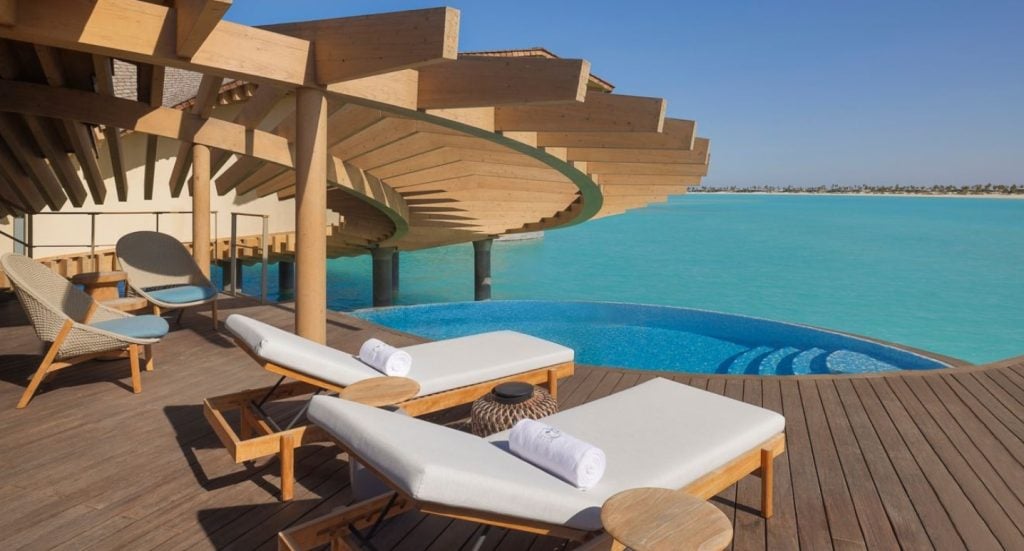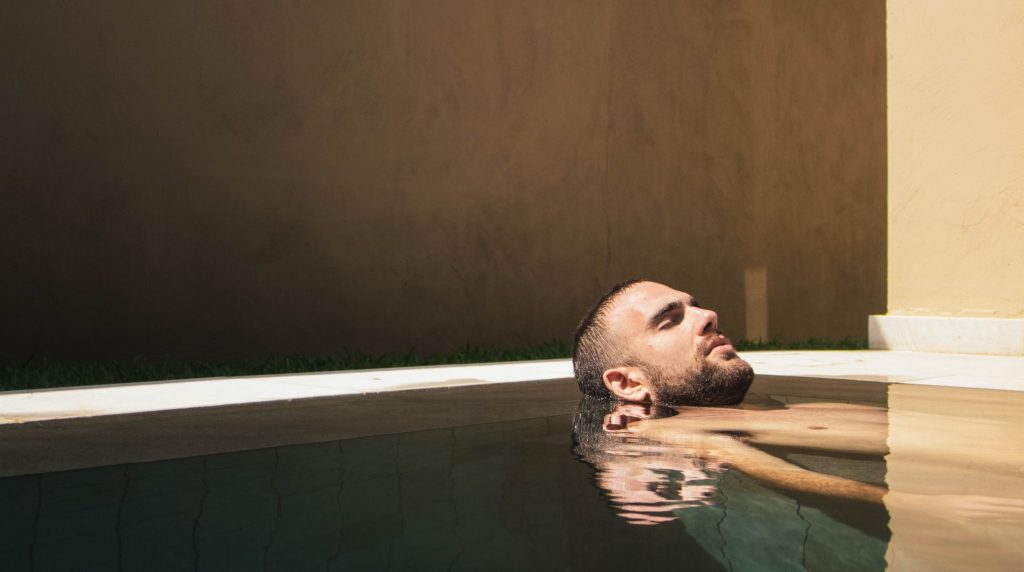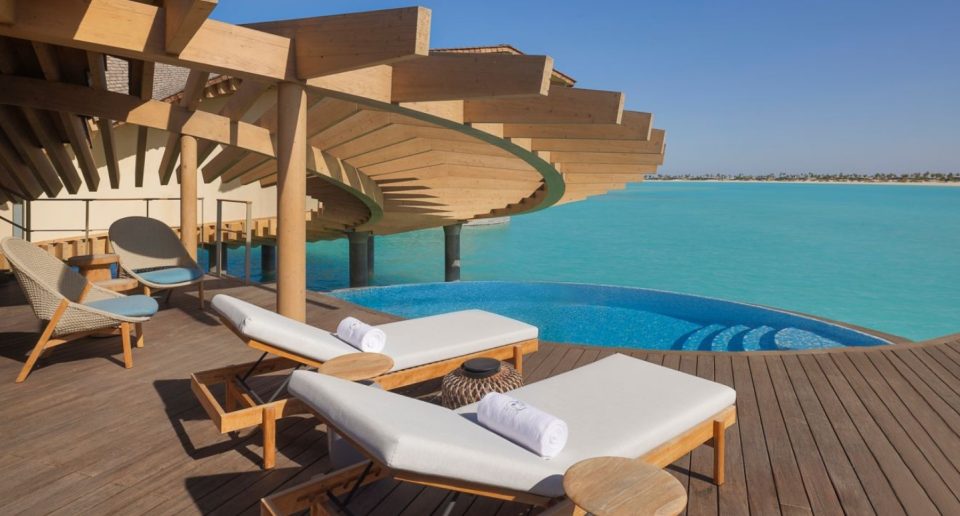
Ask any travel industry observer or trend monitor and they’d all agree on one thing, luxury travel is in the midst of extraordinary growth.
Perhaps it’s the growing number of billionaires and centi-millionaires around the world (especially in the Middle East), but Deloitte says the luxury sector is “thriving” having rebounded to pre-pandemic levels, while McKinsey & Company believes it’s the fastest growing segment in the industry.
And the numbers don’t lie. Luxury travel’s global market was valued at around $1.2 trillion in 2021 with the expectation to grow annually at a rate of 7.6% until 2030. That’s big dollars for the travel industry, particularly for agents and their commissions.
If that wasn’t evidence enough, private jet bookings from Dubai’s Mohammed bin Rashid Aerospace Hub were up 7% during the first six months of 2024 compared to the same period last year, while five-star hotel bookings rose by 19% year-on-year in the first three quarters of 2022.
Rising demand for high-end experiences, according to Deloitte, is likely due to middle-and-upper-middle class consumers joining high-net-worth individuals in unique vacation experiences, and pent-up travel demand post-pandemic.
Social media is also playing a significant role in the boost to luxury experiences, as travellers aspire to tick off “Instagram-worthy” destinations and as mentioned earlier, there’s the sharp rise in high-net-worth individuals.
As favour for the travel sector continues to grow, here are a few things travel agents should know to increase…
Who is a luxury traveller and what are they seeking?

Wealthy, western, and wild? According to McKinsey & Company, these perceptions of the luxury traveller are outdated.
While researching characteristics of the current high-end traveller, the organisation found none of the above to be true and in many cases the complete opposite. For example, wealth doesn’t play a significant role in the sector anymore with 35% of the luxury travel market made up of travellers with net worths between $100,000 and $1 million.
Of course, the financial status of the traveller will influence the type of luxury holiday they are able to indulge in. High-net-worth individuals tend to seek privacy and exclusivity, very-high-net-worth individuals aim for large suites to preserve intimacy and peace, ultra-high-net-worth individuals lean towards remote, private destinations and aspiring luxury travellers will splurge on visibly branded luxury and demand value for their money.
As wealth disperses across the world, geographically, luxury travellers are being found outside the traditional North America market. Rapid growth in Asia and the Middle East is spurring a boom in five-star and beyond hotels such as Saudi Arabia’s £15 billion Red Sea project housing 50 hotels across 22 islands and six inland sites. There’s also Dubai’s AED1 billion Marbella Resort which opened earlier this year, as well as Mantis Hotels’ expansion into Bahrain.
When it comes to age, the luxury travel industry shouldn’t side step the younger market. While baby boomers still represent a large portion of luxury spending, around 80% of the luxury travel market is actually made up of people under the age of 60.
Younger travellers are showing a willingness to spend big for and while on holidays, with the peak ages for luxury travel being between 40 and 60.
A few other fun facts about luxury travellers: they want exotic experiences but ultimately, they love to relax, they want to disconnect from digital services, and they love their loyalty programs and their perks.
What’s a travel agent got to do with luxury travel?

Despite the rise in online research and bookings, high-end travellers would much rather remain dependent on a traditional travel agent.
With transactions often amounting to thousands, agents are seen as an invaluable source of financial trust as well as encyclopedias of knowledge for a hassle-free experience. Around 85% of luxury travellers surveyed by Deloitte viewed travel agents as “the best way to book personalised luxury travel” while 74% said agents create “a truly luxury experience”.
“They offer invaluable advice with knowledge of travel restrictions and health and safety guidelines, along with easy, secure payment and on-call troubleshooting before, during, and after a trip,” a Deloitte report read.
McKinsey & Company concurred, saying luxury travellers continue to use travel agents despite the segment’s deepening ties to social networks. This is because they want someone else to take care of the logistics of the booking and add personalised touches.
What else should agents know when dealing with luxury travellers?
Digital innovation will go a long way in meeting the expectations of high-end travellers. According to Deloitte, the segment shows strong preference for tech-enabled planning, booking and post-travel experiences.
This could mean providing them with pre-booking experiences such as virtual reality, hotel rooms with the latest technology or even an app housing their entire itinerary as well as last minute add-on options.
Another luxury travel trend that agents should stay on top of are collaborations across the luxury brand ecosystem. Crossovers such as Maria Sharapova’s wellness retreat with luxury hotel group Aman entice high-end travellers with “opportunities to experience brands in new ways”.



